Jack Dorsey admits regret for helping to centralise the internet
The former Twitter CEO took to the platform he founded to express regret at the 'damaging' development of the internet

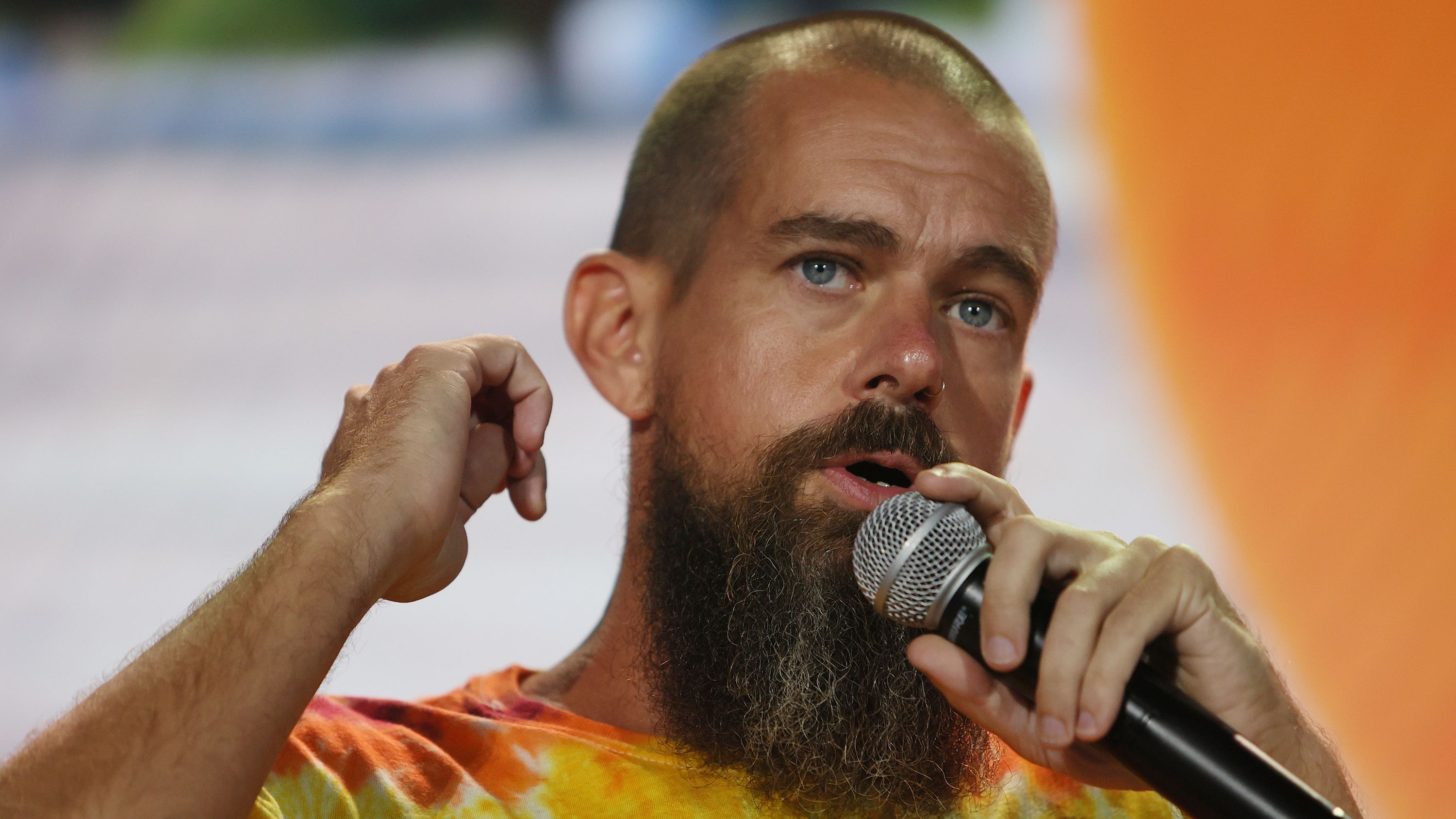
Jack Dorsey has taken to social media to apologise for the role he has played in the centralisation of the internet, which he calls a ‘damaging’ development.
The former Twitter CEO took to the platform he founded to make the admission, saying the old days of the internet when communication platforms such as Usenet and IRC were the leaders in the space “were amazing”.
“Centralising discovery and identity into corporations really damaged the internet. I realise I'm partially to blame and regret it,” he said, alluding to his work in creating the social media giant.
Twitter is one of the largest technology companies in the world with hundreds of millions of users and most recently a quarterly revenue of $1.57 billion.
It is also one of the most popular social networking sites and plays an important role in the professional world. Building a personal brand can help raise one’s profile in their respective industry and lead to opportunities thanks to increased networking value.
With access to millions of accounts and personal data, leaders in a centralised internet can harness that data to deliver tailored experiences to users, like recommending adverts that align with their interests or showing them content that would appeal to their passions.
People have become increasingly wary of the power large companies have on the internet and the personal data they safeguard, leading to growing calls for a more decentralised model.
Sign up today and you will receive a free copy of our Future Focus 2025 report - the leading guidance on AI, cybersecurity and other IT challenges as per 700+ senior executives
The Onion Router (TOR) is an example of a decentralised internet product, operating on a peer-to-peer network - a decentralised model, though it is often painted in a negative light as it is perhaps most often used to access the dark web.
TOR works only when other users are online, each providing the same amount of computing resources to collectively prop up a network, removing the need for large servers.
Believers in a decentralised internet feel the security that it provides, plus the freedom from corporate and national governance, is a better way for the internet to operate. It would be free of censorship and allow users to own their data, though many think a hard definition for the concept is still under development.
RELATED RESOURCE
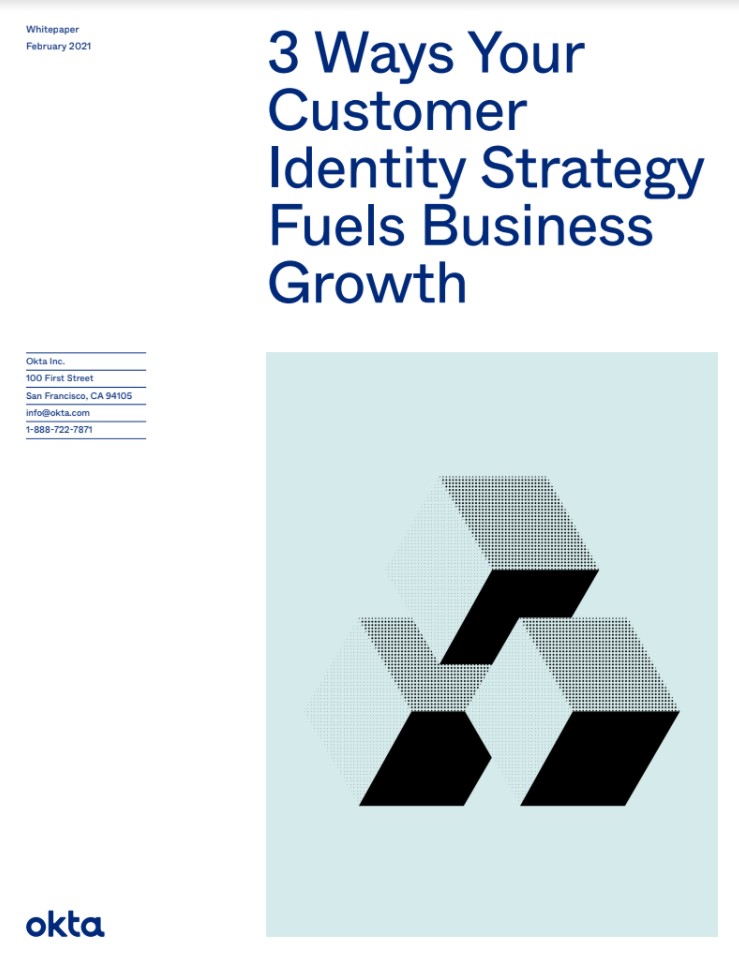
Three ways your customer identity strategy fuels business growth
Moving your business forward in innovative ways to jump-start growth
Since founding, and recently leaving, Twitter, Dorsey has become a big proponent of blockchain technology and web3 - a future vision for the next generation of the internet which is largely decentralised - and the technologies that they support like cryptocurrencies and non-fungible tokens (NFTs).
Dorsey is CEO at Block, which is a company that ties several digital-payments businesses into one, including Square, CashApp, cryptocurrency company SprialBTC, and TBD - a decentralised finance system, as well as music platform Tidal.

Connor Jones has been at the forefront of global cyber security news coverage for the past few years, breaking developments on major stories such as LockBit’s ransomware attack on Royal Mail International, and many others. He has also made sporadic appearances on the ITPro Podcast discussing topics from home desk setups all the way to hacking systems using prosthetic limbs. He has a master’s degree in Magazine Journalism from the University of Sheffield, and has previously written for the likes of Red Bull Esports and UNILAD tech during his career that started in 2015.
-
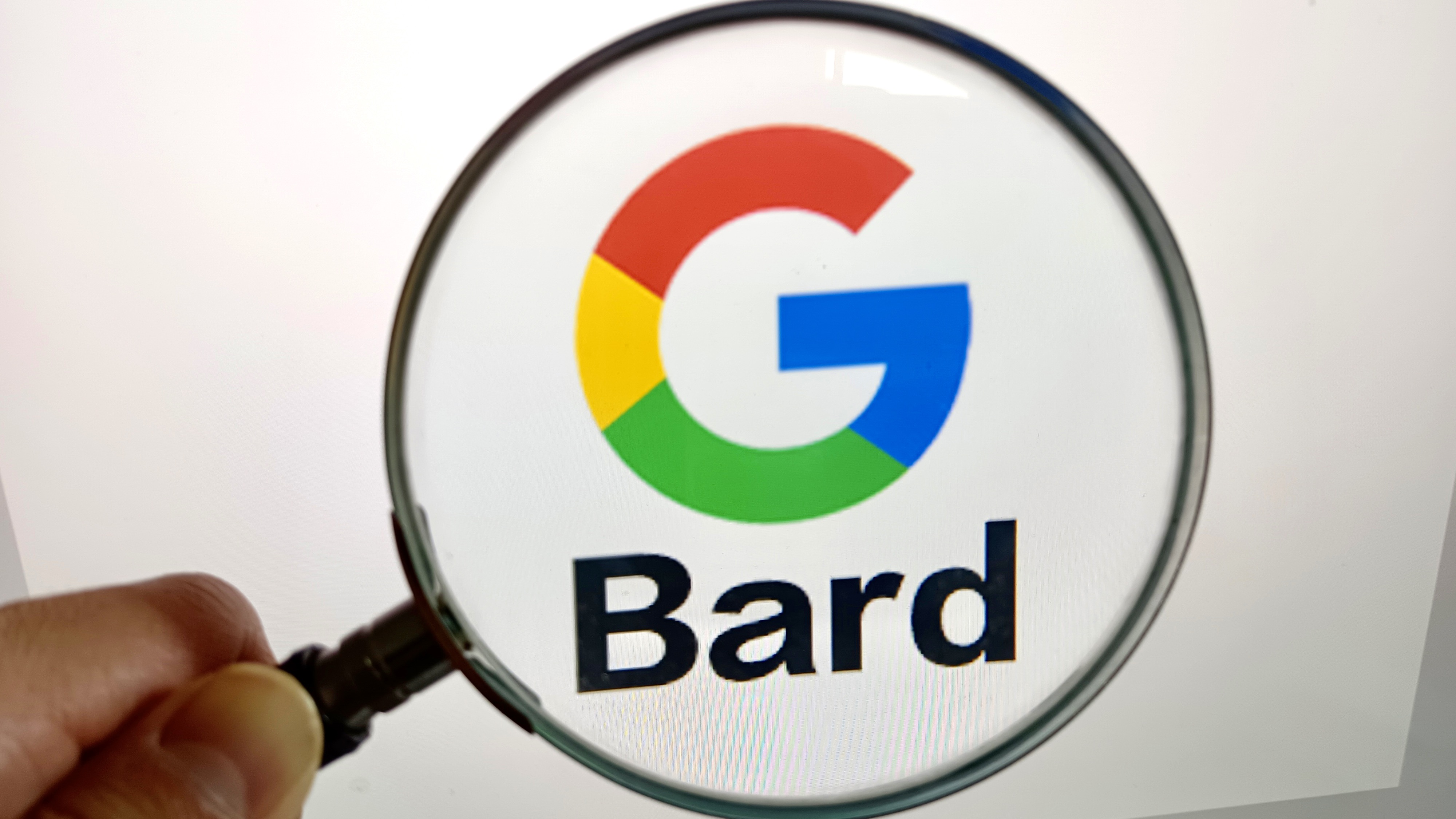 Innovation is harder than it looks – we should go easy on tech firms
Innovation is harder than it looks – we should go easy on tech firmsOpinion From Google’s bungled generative Bard launch to Twitter’s ongoing troubles, we must remember the often-forgotten truth that innovation is slow and software is difficult to build
-
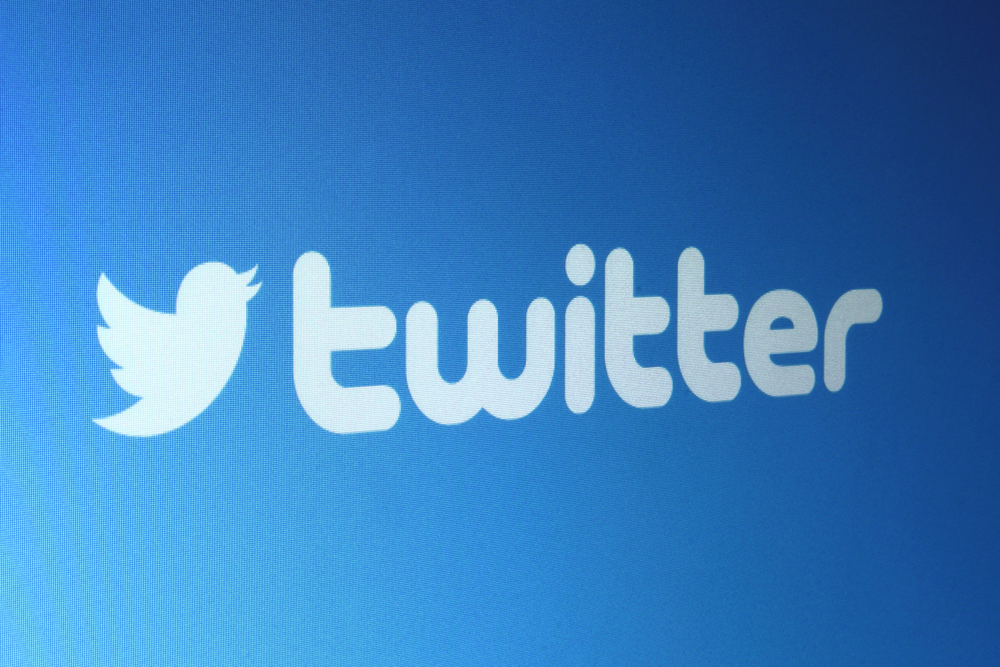 Twitter lets you add comments to your retweets
Twitter lets you add comments to your retweetsNews Twitter reduces character limit so you can throw in your two cents worth
-
 Tribunal date set for firefighter sacked over tweets
Tribunal date set for firefighter sacked over tweetsNews Ashley Brown was dismissed after tweeting about pension cuts and strikes
-
 World Cup 2014 in numbers: Most popular goals and players
World Cup 2014 in numbers: Most popular goals and playersNews World Cup gets social with Facebook, Twitter and Google usage exploding
-
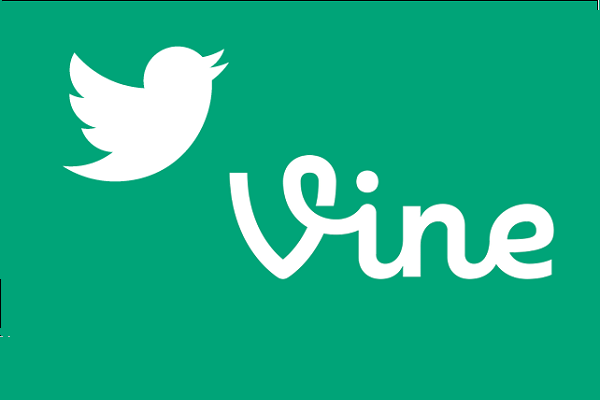 Updated: Is Twitter's Vine app promoting porn?
Updated: Is Twitter's Vine app promoting porn?News Site Editor's Pick highlights porn as must-see content.
-
 Fake Wendi Deng and Murdoch gaffes embarrass Twitter
Fake Wendi Deng and Murdoch gaffes embarrass TwitterNews Twitter is looking a little red in the face after a number of snafus over the Murdochs' accounts.
-
 Mobile services to hit $1 trillion in revenues
Mobile services to hit $1 trillion in revenuesNews Gartner has said mobility services will be worth more than $1 trillion a year by 2014.
-
 Safari holes closed and extensions opened
Safari holes closed and extensions openedNews Safari 5.0.1 has been released, with 15 security holes closed and a number of extensions made available.

